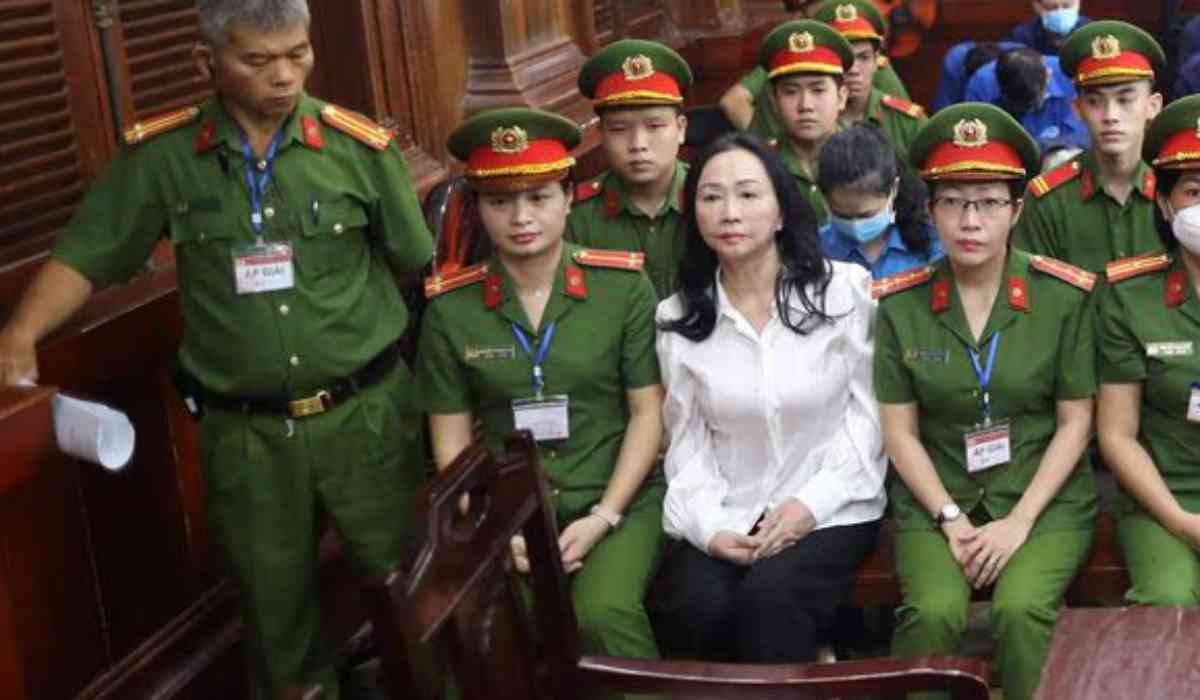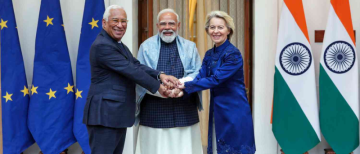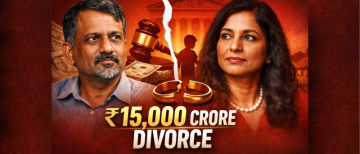In terms of financial scandals and legal ramifications, two radically different narratives have developed, highlighting the huge differences in how justice is served - or not served - in Vietnam and India.
Vietnam made headlines when it handed down the ultimate sentence to real estate magnate Truong My Lan in a courtroom spectacle that could equal any blockbuster. The gavel landed with thundering finality, condemning her to death for setting up a mind-boggling financial fraud of $12.5 billion. As the news spread around the country, it shone a harsh light on the merciless pursuit of justice in a society plagued by systematic corruption.
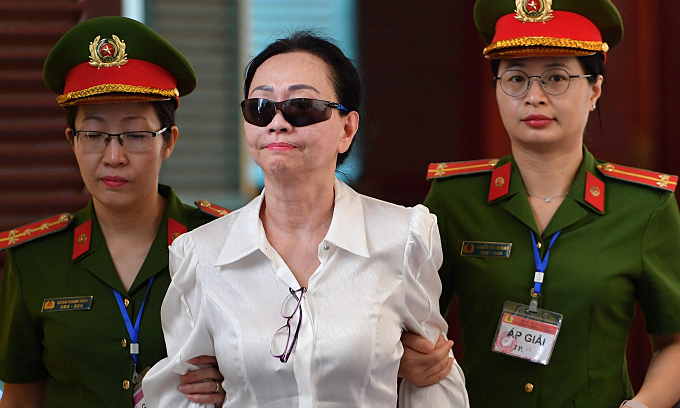
All about the case
Lan's trial, a spectacle in itself, took place against the backdrop of Vietnam's relentless war on corruption, a pledge repeated time and again by the ruling Communist Party. Her conviction on accusations of embezzlement, bribery, and banking irregularities was a watershed point in this ongoing conflict, indicating a no-holds-barred attitude to holding the strong accountable.
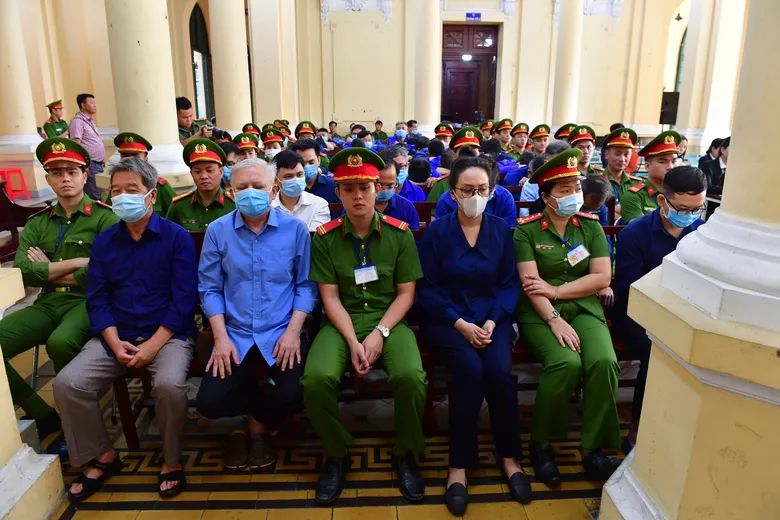
But, amid the image of justice served, a troubling question remains: Does the penalty match the crime? Human rights groups have sharply criticized Vietnam's use of the death penalty for both violent and economic crimes. A terrifying image of a legal system on the verge of harsh measures is painted by the spectacle of hundreds of prisoners meeting their death via lethal injection.
Indian RUNAWAY Businessmen
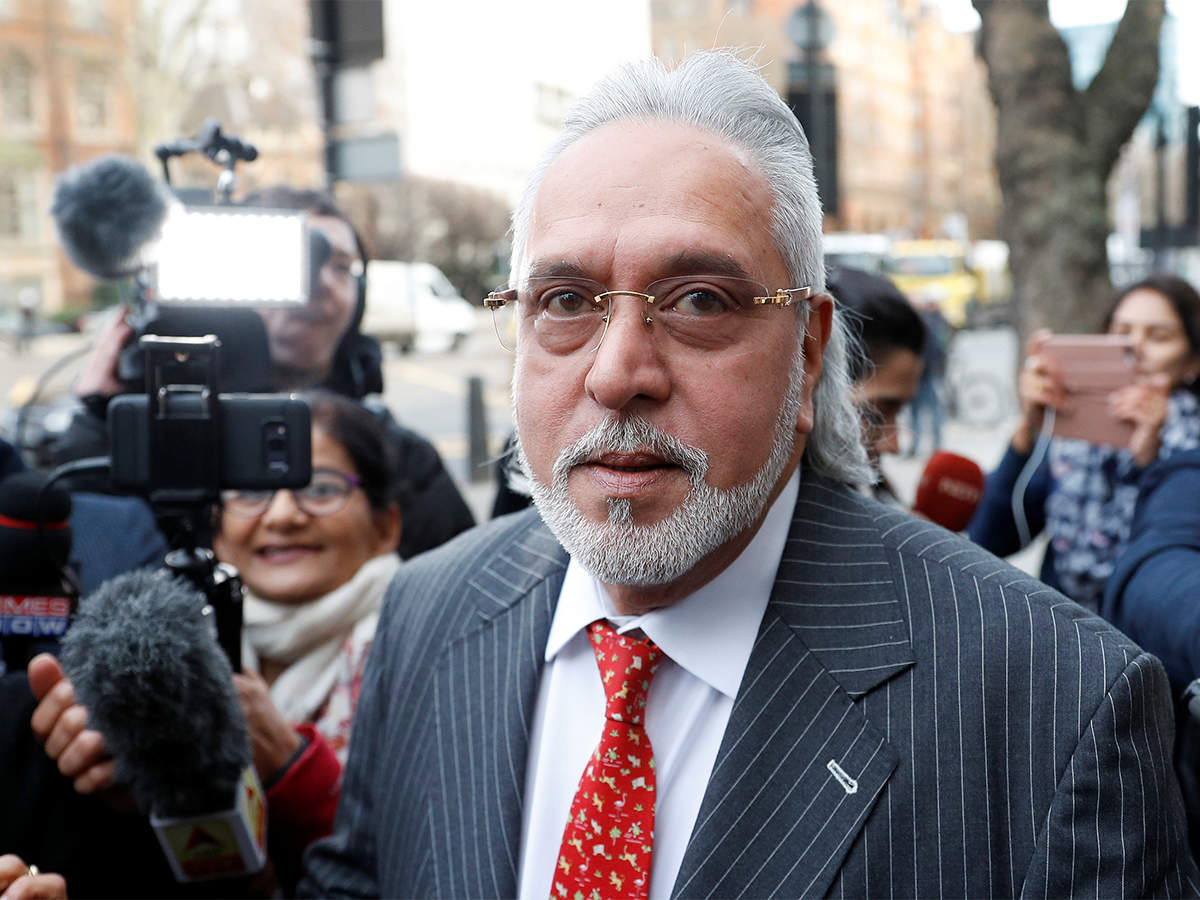
In stark contrast, the Indian subcontinent's story revolves around elusive tycoons and a judiciary that appears to be entangled in a network of legal labyrinths. Formerly the flashy face of Kingfisher Airlines, Vijay Mallya is currently living in the luxurious arms of the United Kingdom, safe from the wrath of Indian authorities who want to punish him for unpaid loans and money laundering charges. His trip abroad, which has caused problems for Indian law enforcement, is a prime example of the impunity that some elite groups enjoy.
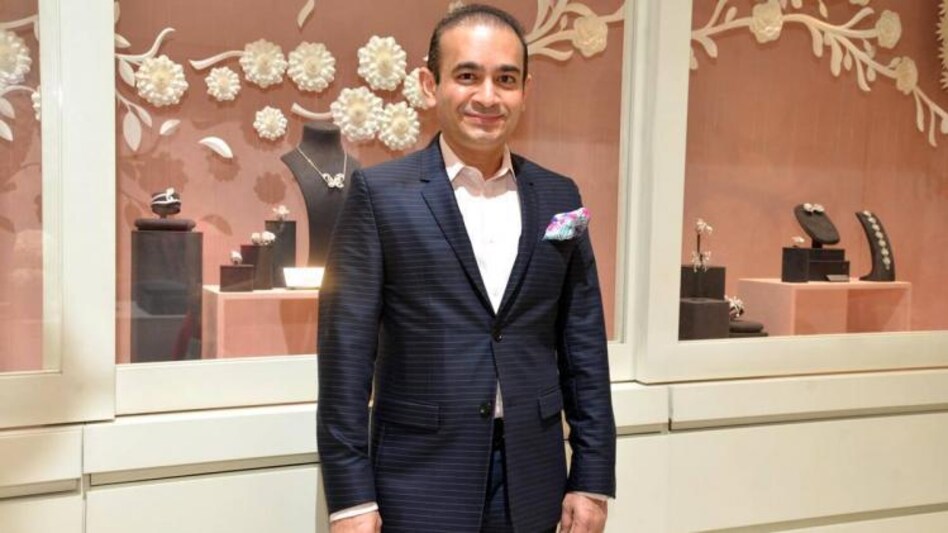
Similar to Mallya's story, Nirav Modi's journey from the center of a $1.8 billion scam to the peaceful boundaries of the UK presents an image of wealth amid accusations of financial mismanagement. Even though the Indian government is working hard to get Modi extradited, he is still living in luxury abroad and is not subject to the same laws that apply in his country.
The narrative goes all the way to Antigua and Barbuda, where Mehul Choksi, another man on the run from India's financial scandal, seeks safety from the barrage of criminal charges. Choksi, who was charged with conspiracy, breach of trust, and money laundering in connection with the Punjab National Bank fraud case, exemplifies the difficulties that Indian authorities confront in bringing economic offenders to justice.
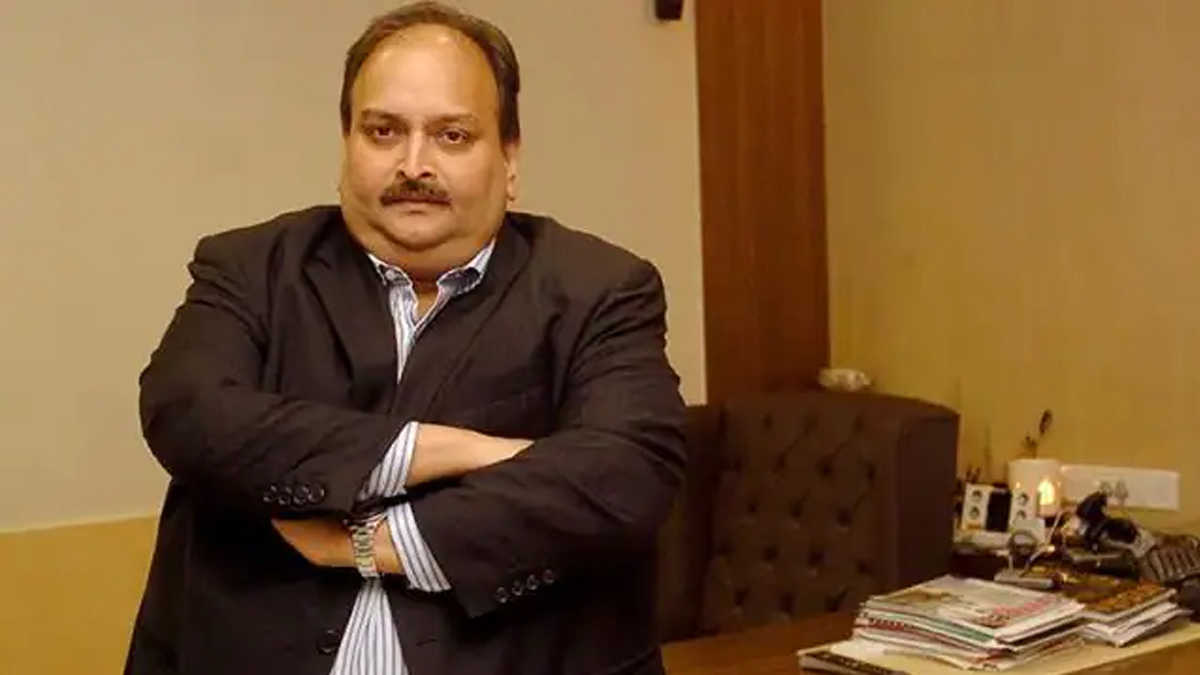
Contrast in the Judiciary
In the face of such brazen impunity, one can't help but wonder: Where is justice for the innumerable victims left behind by these financial misadventures? While Indian businesses enjoy luxurious lifestyles overseas, free from the draconian laws back home, the legitimacy of domestic lawmakers and the judiciary is under threat.
The contrasting stories of Truong My Lan's death sentence and the exploits of Indian tycoons provide a vivid picture of justice delayed and denied. In Vietnam, the hammer of justice falls fast and decisively, albeit through questionable means. In India, however, the wheels of justice move slowly, if at all, leaving a path of unresolved questions and broken dreams.
As the globe watches these divergent histories unfold, one thing is clear: the quest for justice knows no borders, but the results are as diverse as the civilizations that seek it. Furthermore, there is a sobering reminder of the precarious balance between power and accountability in the modern world in the stark contrast between Vietnam's harsh sentence and India's evasive pursuit of justice.
(Inputs by the agencies)
Image Source: X(Twitter)/multiple sources
Ⓒ Copyright 2024. All Rights Reserved Powered by Vygr Media.

